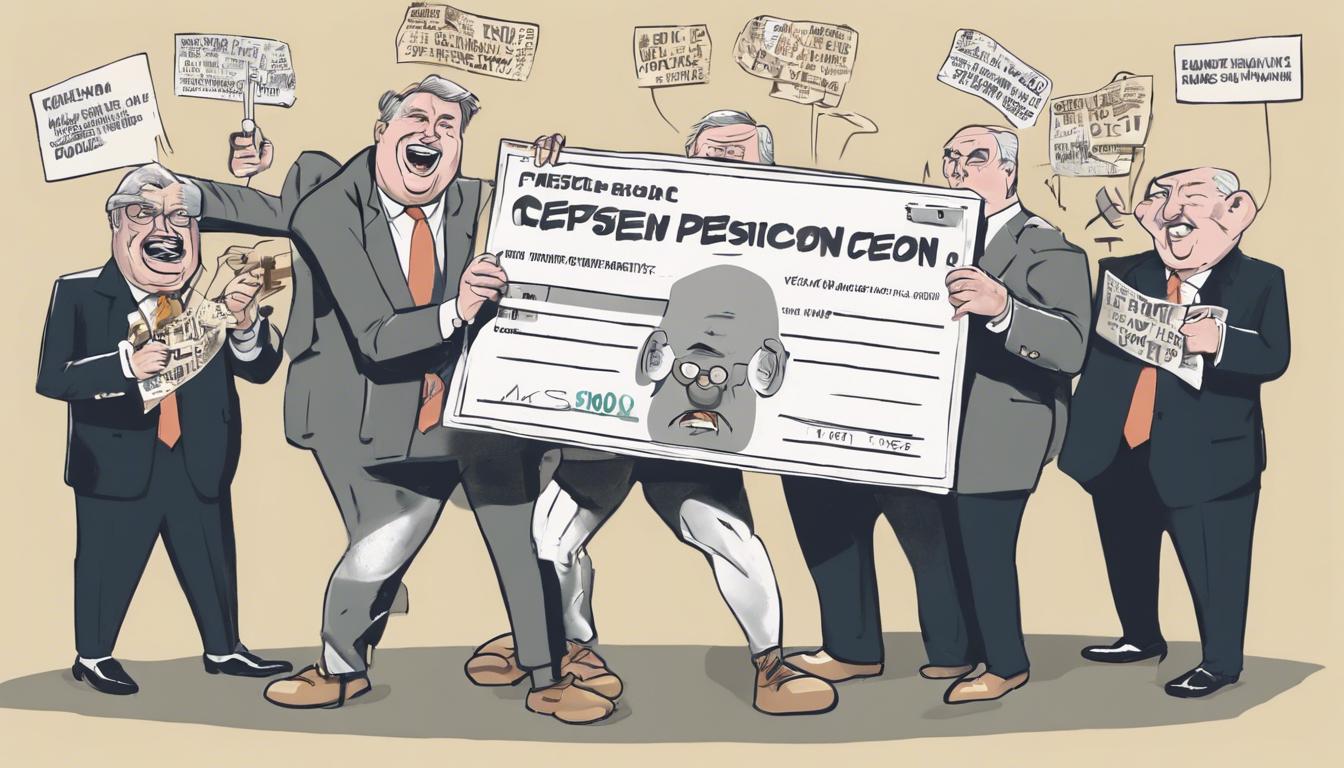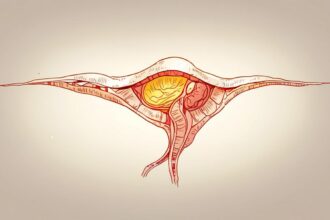Work and Pensions Secretary Mel Stride stands firm on the triple lock mechanism for state pensions, promising an 8.5% increase amidst debates over affordability and economic policies impacting pensioners.
Work and Pensions Secretary Mel Stride has affirmed the government’s commitment to maintaining the triple lock mechanism for pensioners, amidst debates over its long-term affordability. The triple lock ensures that the state pension increases each year by the highest of wage growth, inflation, or 2.5%. This year, the mechanism will result in an 8.5% increase in state pensions, equivalent to an additional £900 annually for full-rate recipients.
Stride highlighted that pensioners are particularly vulnerable as they cannot easily adjust their economic situation, underscoring the government’s focus on protecting those with fixed incomes. This approach aims to counteract pensioner poverty, with the government pointing to a decrease in such poverty levels under its tenure. The commitment to the triple lock was also reiterated against the backdrop of last year’s 10.1% state pension rise and nearly £5 billion in winter support measures for pensioners.
Concurrently, the political scene witnessed discussions around the Horizon scandal, with Post Office Minister Kevin Hollinrake advocating for criminal accountability without specifying individuals. This follows former Post Office boss Paula Vennells relinquishing her CBE due to her involvement in the scandal. The unfolding inquiry will further hear from key figures, including Adam Crozier, former chief executive of Royal Mail.
Additionally, controversy surrounds the government’s economic policies affecting pensioners. The Liberals Democrats criticized “stealth taxes” resulting from frozen income tax thresholds, arguing that this negates the benefits of the state pension rise. Despite an 8.5% increase in state pensions, basic rate tax-paying pensioners are projected to face a £530 financial hit. The Liberal Democrats also warn that 1.6 million pensioners could end up paying income tax by the 2027-28 fiscal year due to these policies.
Despite these criticisms, the government underscores its economic strategy, including a national insurance cut encapsulated in the Budget, aiming to foster economic growth without exacerbating inflation—a key consideration for maintaining the state pension’s triple lock amidst fiscal challenges.













